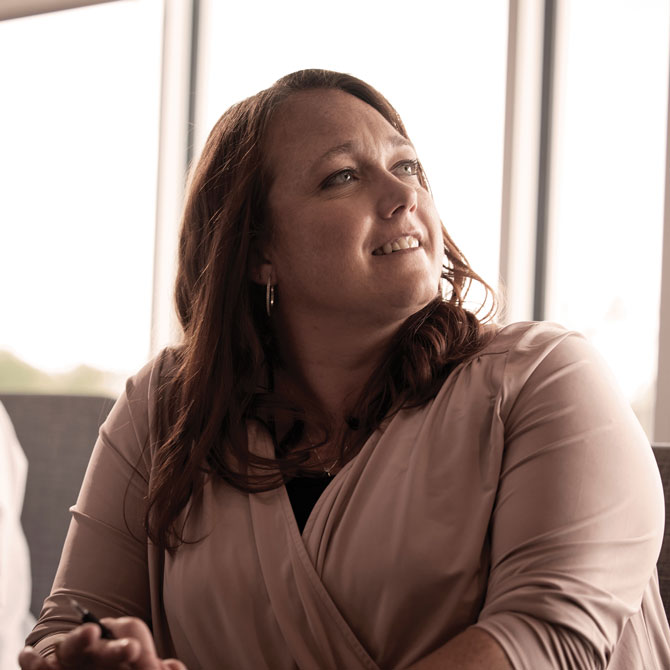Bravera Bank
One of the most effective tools for preventing a large-scale financial disaster is an emergency fund, an amount of money that is set aside to cover unexpected expenses, or to keep you afloat if no regular income is coming in.
Even if you have a great handle on your finances, unexpected challenges can come along that threaten your financial stability – losing a job, dealing with an injury or illness, or having to help a family member who is in need. If you’re not collecting a paycheck, or if you have large, out-of-the-ordinary costs to cover, that can throw your monthly budget completely off track.
The goal is not to touch the money except in a real emergency. If you have it at the ready when you really need it, ideally it will last long enough to get you back on your financial feet.
To create your emergency fund, multiply your monthly take-home pay times six to find the amount you should ideally save.
It’s usually not practical or possible to create a fully funded emergency fund in one shot. Instead, plan to add to it on a regular basis, in an amount you can reasonably afford, until it reaches your goal value. You might consider adding it as a line item in your monthly budget, just as you do when you put aside a percentage of your income to add to a savings account or your investment portfolio.
If you do have to dip into the fund, it’s important to start building it back up as soon as you have the resources to do so.
- Figure out how much you need to save for a potential emergency.
- Set a savings goal.
- Create a plan to reach that goal.
Where the Money Should Be
The whole point of an emergency fund is that you should be able to get your hands on the money quickly, and without risking losing money by using those funds–which might be the case if you had to sell off stocks or other investment holdings.
If you do have to dip into the fund, it’s important to start building it back up as soon as you have the resources to do so.
A standard savings account makes good sense as a place for your emergency funds. It is a straightforward way to put away money that you can access easily. An added bonus is that a balance in a savings account can reduce or even eliminate charges on your checking account.
The one drawback with a savings account is that it is almost too easy to access. You’ll have to make a commitment to not touch the money except in a true emergency.
Instead, liquid investments, or those that you can turn quickly and easily into cash, can be a good place to park the money that’s in your emergency fund. A combination of relatively short-term certificates of deposit (CDs) and US treasury bills will generally work well.
Ladder to Safety
If you are using CDs as the holding place for your emergency fund, one smart approach is to use a technique known as laddering. Instead of putting a large sum into a single CD with a specific term, you split your principal into three or more CDs that mature in a stepped pattern– perhaps every six months over an 18-month period. Each time a CD matures, you roll it over for another year so the ladder continues. That means that you have a lump sum available every six months if you need the cash, without having to pay any penalties.
Related Content

50/30/20 Rule
A simple, practical rule of thumb for individuals who want a budget that is easy to implement.
Neither Banzai nor its sponsoring partners make any warranties or representations as to the accuracy, applicability, completeness, or suitability for any particular purpose of the information contained herein. Banzai and its sponsoring partners expressly disclaim any liability arising from the use or misuse of these materials and, by visiting this site, you agree to release Banzai and its sponsoring partners from any such liability. Do not rely upon the information provided in this content when making decisions regarding financial or legal matters without first consulting with a qualified, licensed professional.









